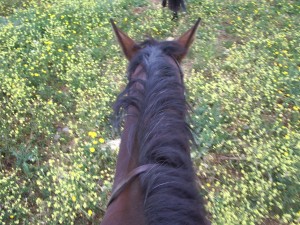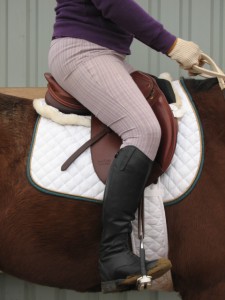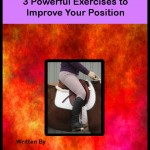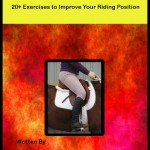Learning to Ride – Why does it Take so Long To Learn How To Ride
Learning to ride and horse riding is not a solitary item that can be bought at the local store. It is a lifelong process which is continually developed and molded. Your ability to ride is not measured by your power, strength or financial means. It is developed between two living creatures each on two different levels of understanding.

Some of the best riders have no financial means and made good on their intentions and because of their superior horsemanship got horses to do things no-one would have thought possible. Take for example the $80 champion. As it suggests this champion cost $80 and proved itself a winner against horses of superior breeding and quality.
The uniqueness of each horse is compounded by the uniqueness of each rider and the personality and the nature of the variations of the day, moment, second each of those beings is experiencing.
Each month, week, day and hour spent on a horse you will establish your base for your riding. Although lessons will get you and keep you on track with your training, riding and having fun in the stable and on your horse is the best way to develop your skills and hone your horsemanship.
To improve your riding you must:
- Want to improve – as soon as you think you know it all you will find someone (or some horse) that will show you otherwise. We are molded and develop based on our own experiences and as soon as we meet a partner, human or equine, with a different series of experiences we develop more and grow more and become better at what we, as riders do.
- Work diligently on your skills– this means in addition to taking regular lessons, guest clinics and horse shows will come into play to help you grow your experiences.

Keep Practicing and Learning Before Long Your Riding Will Be Excellent - Understand the horse is not interested in your personal ambitions – They are guided by social safety (safety of the herd), food, and safety of themselves. If you wish to compete and grow and develop you may have to upgrade your horse to a suitable quality for the level you which to compete.
- Always work with a clear purpose in mind – If you clutter up your own mind with aimless tasks how would you expect the horse to understand the meaning of what we are trying to accomplish? When you get bogged down or not getting to your goal… break down the goal into manageable steps. If your horse is agitated, nervous or running, break down the exercise into smaller pieces that the horse can understand.
Keep practicing and learning and before long you will develop an understanding with your horse and develop a bond which will undoubtably improve your horsemanship and horse riding skills.
What are the most difficult riding skills you have had to learn?
 Try these three powerful exercises to get strengthen your position.
Try these three powerful exercises to get strengthen your position.
